
Schools worldwide are closing to help slow the spread of coronavirus, but there are plenty of homeschooling apps and websites that can help your kids keep learning away from the classroom.
Your kids' school will recommend tools, set tasks and provide resources so they can keep up with the work they would normally do, but these extra tools can help give their learning a boost and provide some variety to keep them engaged.
If you're feeling out of your depth, the BBC has put together a guide to supporting kids while they're learning at home, full of useful tips and professional advice that'll help you get through this difficult time.
The best homeschooling resources for the US
The best homeschooling resources for the UK
If you're a teacher or parent and have another resource to recommend for this guide, email downloads@techradar.com.
The best homeschooling resources for the US
Why you can trust TechRadar
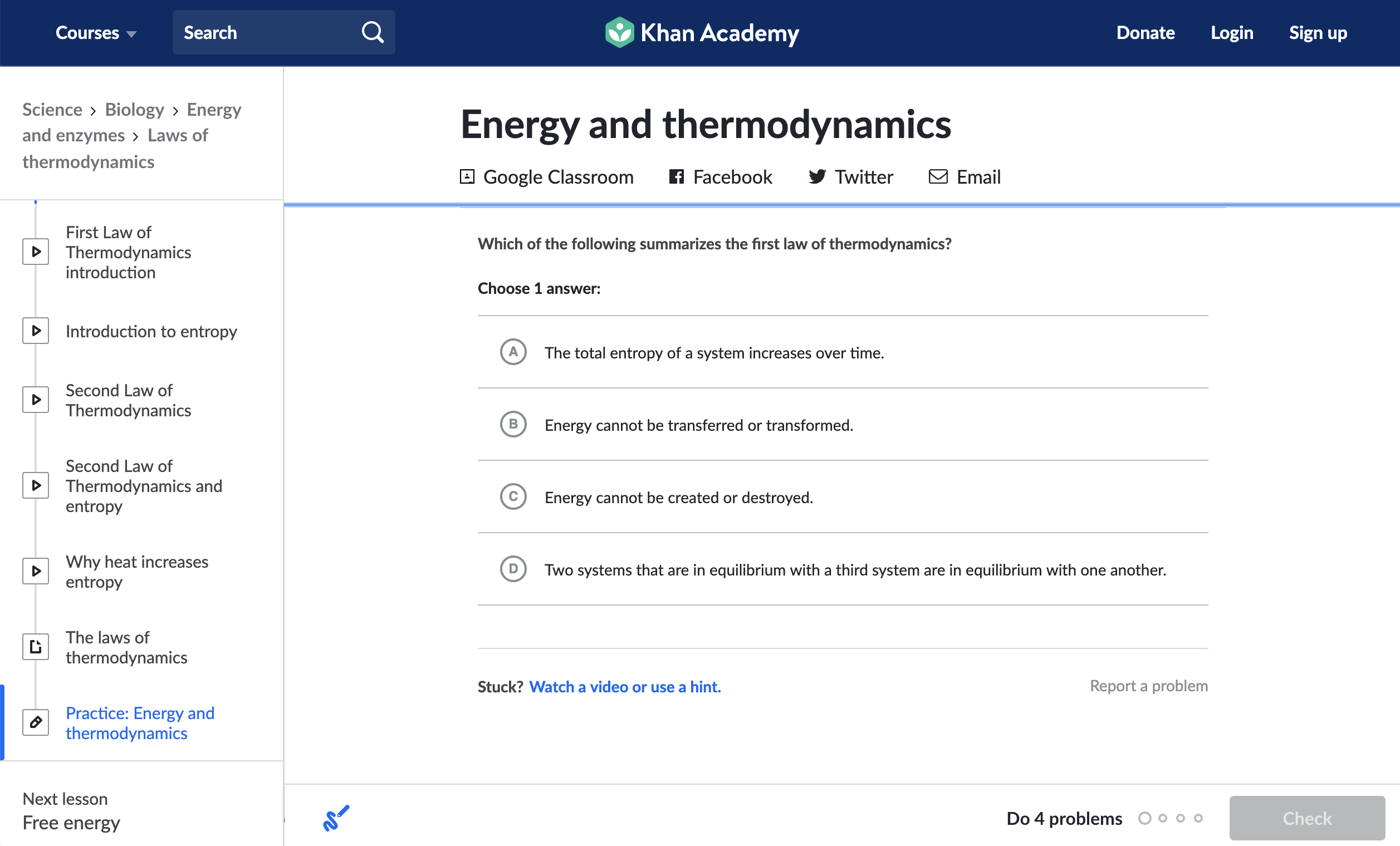
1. Khan Academy
Reasons to buy
Curated by experts, the totally free, nonprofit-operated Khan Academy is one of the most comprehensive learning resources you'll ever find for homeschooling. Covering K-12 with even a bit of college prep in the mix, Khan Academy's biggest focus is on math and science. With the former, you can choose by grade or subject, whether it's arithmetic, trigonometry, or AP Calculus, while science spans biology, physics, chemistry, and much more.
There's also a fair bit to find in the Arts & Humanities category, along with programming, economics, and more. With a mix of text, images, and video lessons, it's easy to pick a starting point and begin soaking in the knowledge. Khan Academy has specifically mobilized for the Covid-19 pandemic, too, with daily lesson plans and other targeted resources.

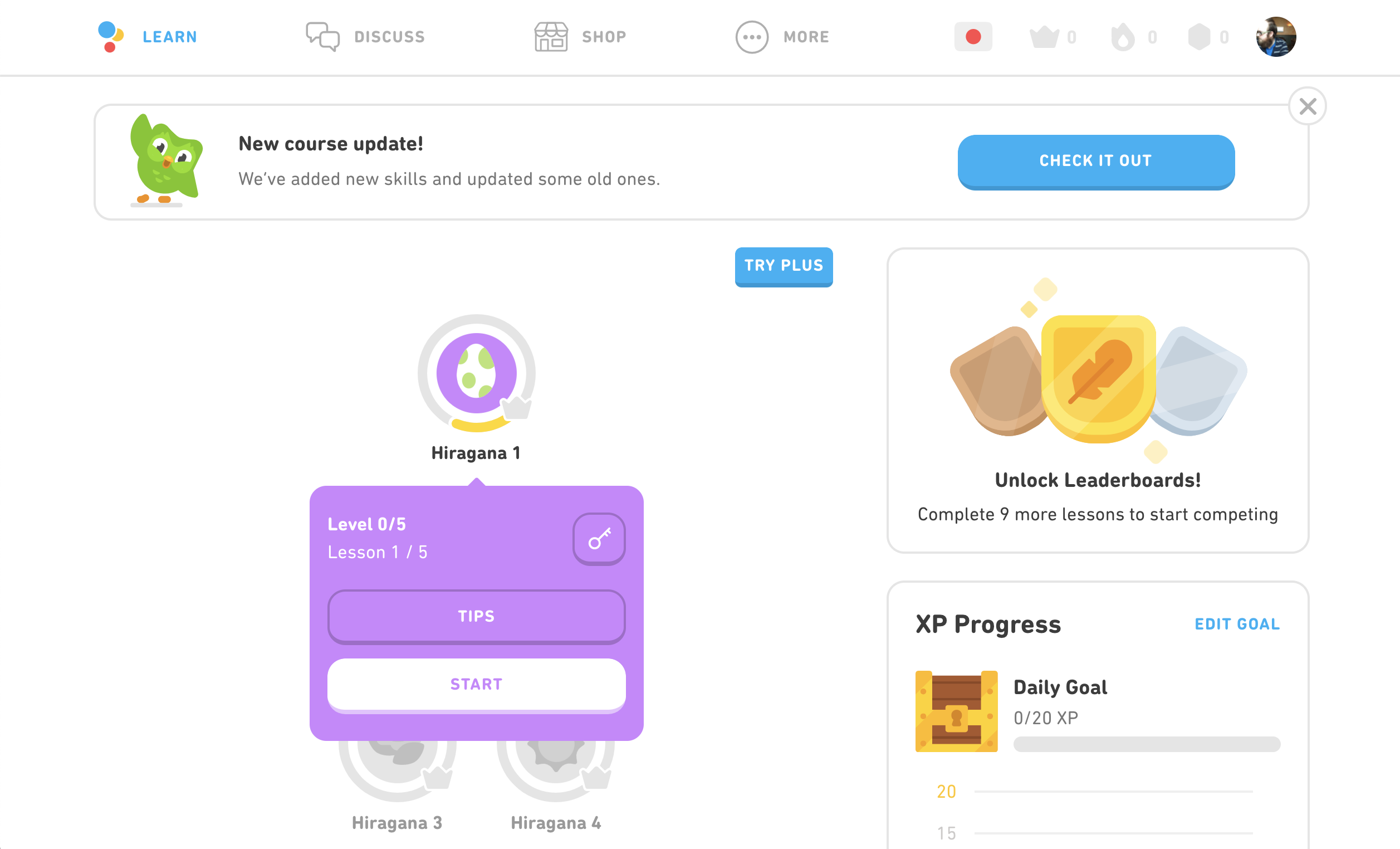
2. Duolingo
Reasons to buy
Duolingo isn't just for adults who want to gradually and effectively learn a second language. It's also ideal for homeschooling, thanks to the quick-hit lessons, sleek user interface, and gamified structure that reward kids for learning.
Best of all, it's totally free, which is pretty incredible, given not only the breadth of languages (40+ as of this writing) but also how many success stories we've heard over the years.
Duolingo works on web, but it's really best suited for a smartphone or tablet, where you can just focus on the screen as you listen, learn, and interact with the app. There's a completely optional premium version if you want to cut out ads and allow offline functionality, but the free version is fully comprehensive.

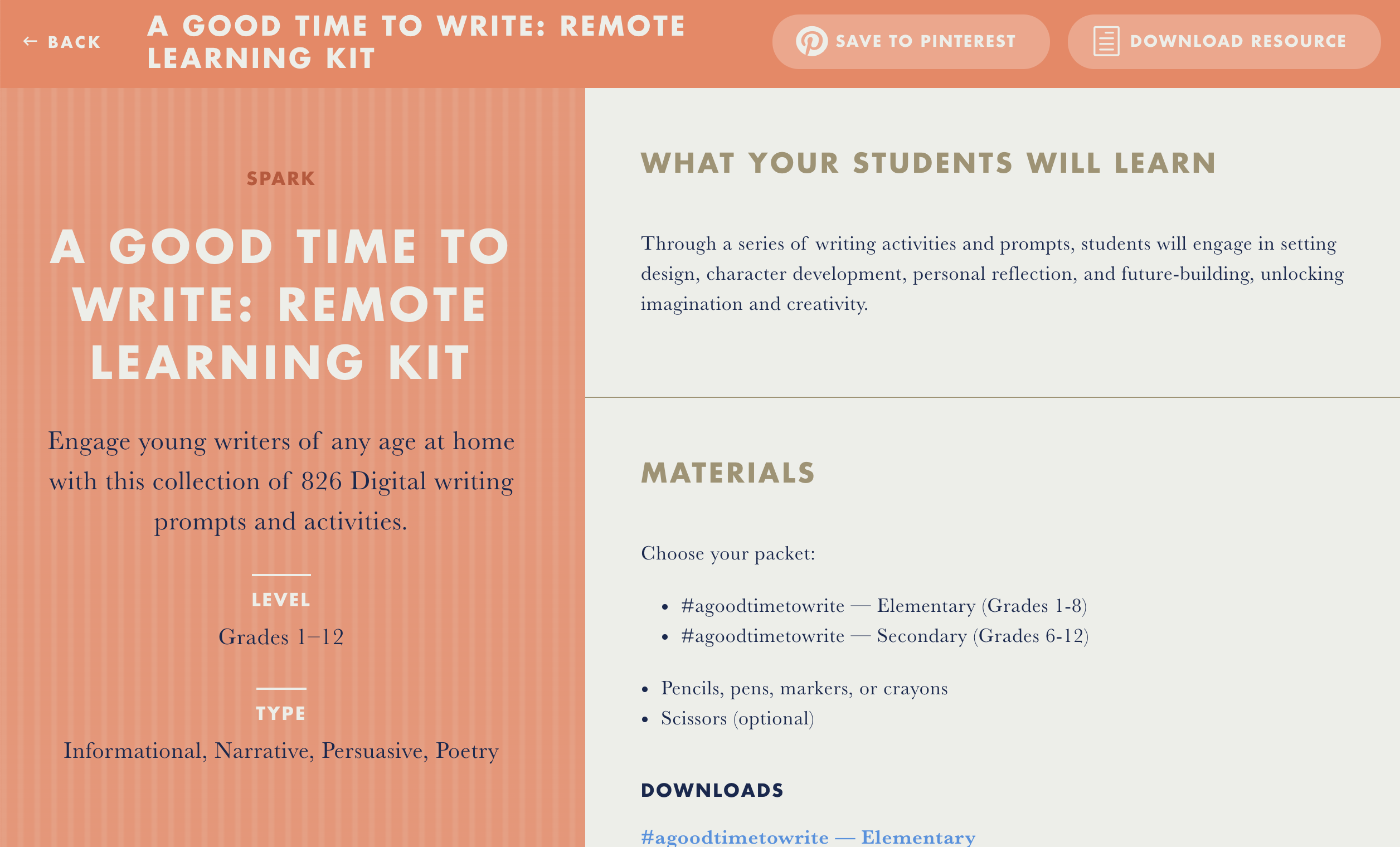
3. 826 Digital
Reasons to buy
826 Digital is the online learning arm of 826 National, the nonprofit organization co-founded by author Dave Eggers that tutors students across nine US cities and supports youth writing initiatives. In this case, 826 Digital provides a wide array of materials designed to get kids of all ages to write, whether it's long-form or short-form, personal or otherwise.
The website is completely free to use with signup, although donations are encouraged, and it features a large assortment of projects and writing prompts designed for grades 1-12.
Highlights include writing prompts created in collaboration with Cartoon Network for the Stop Bullying: Speak Up campaign, including one in which kids reconsider why a so-called 'villain' became evil… if they should even be considered evil at all. This looks like a surefire way to help encourage a budding love of writing while homeschooling.


4. BrainPOP
Reasons to buy
Reasons to avoid
BrainPOP puts a fun twist on learning across a wide array of subjects, with individual topics each given a separate page with a cartoonish, kid-friendly video introduction, written info, quizzes, and games. You can even make your own movie by compiling images, animations, and other elements.
Whether it's Mars, math, or Martin Luther King Jr, BrainPOP gives a lot of attention to each subject, letting students get immersed in a topic through a number of different avenues. BrainPOP is offering schools free access while closed, so you might be able to get access from your district, while home users get a free month before the site comes calling for the monthly $25 fee. Make the most of the trial!

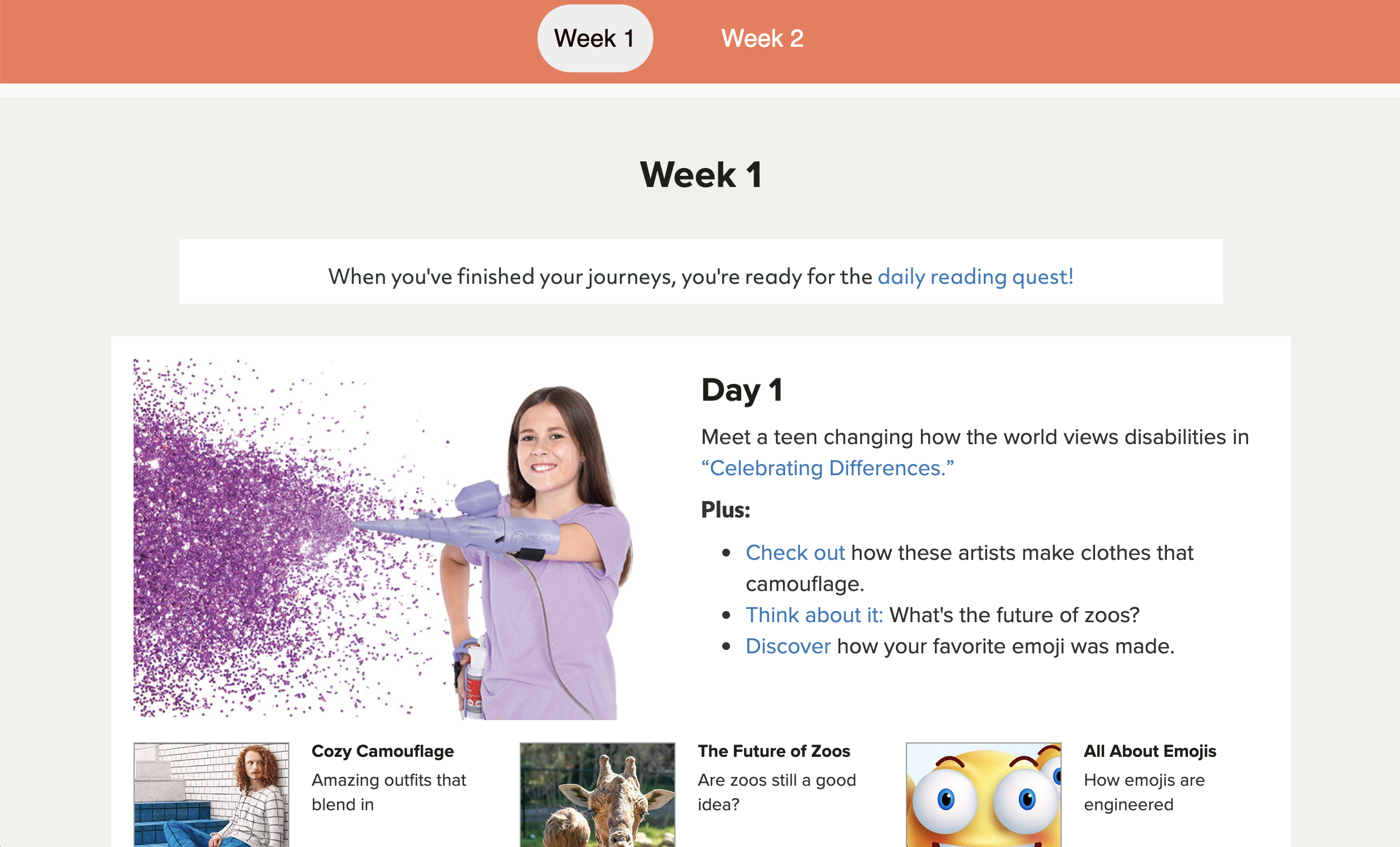
5. Scholastic Learn at Home
Reasons to buy
Reasons to avoid
Children's book publisher Scholastic dug through its considerable library of educational resources to produce Scholastic Learn at Home, a daily burst of reading and other unique activities that's a refreshing break from dry, textbook-style writing.
With dedicated selections for PreK/Kindergarten, Grades 1-2, Grades 3-5, and Grades 6-9, each day has a selection of articles to read. And they're diverse, topical, and dig into subjects that kids actually might actually care about—like how emojis are designed, whether esports should be considered a sport, and how zoos are evolving with the times.
It's not a comprehensive learning resource, like some others on this list, but it'll slot in well within gaps in your daily homeschooling agenda and engage kids on their own level.

The best homeschooling resources for the UK
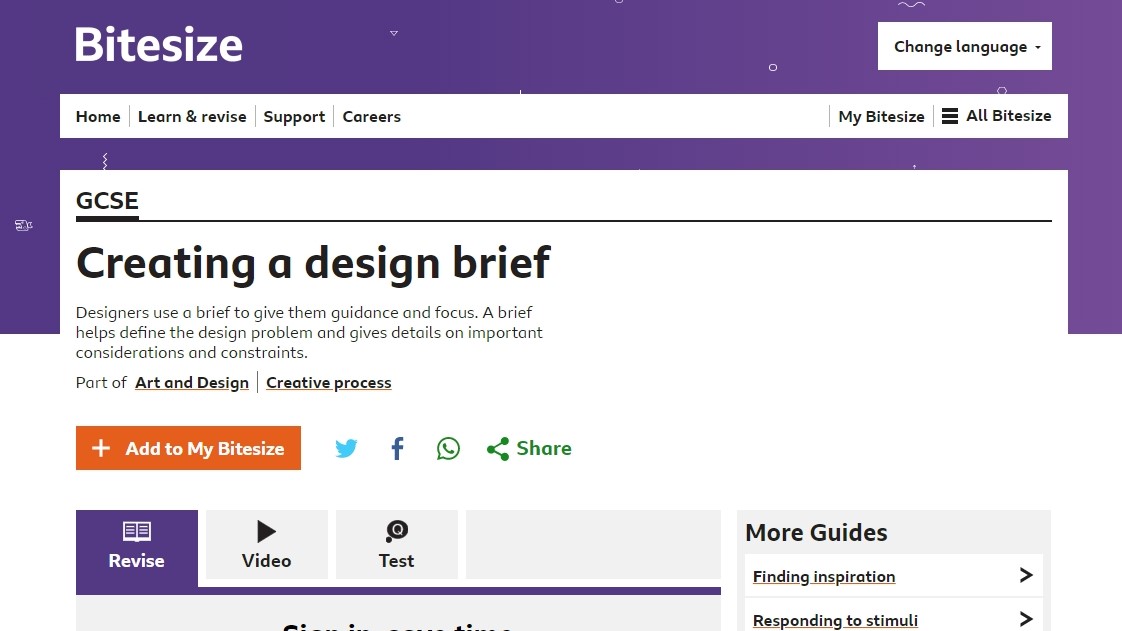
1. BBC Bitesize
Reasons to buy
You might remember the BBC Bitesize website from your own school days, and it's still going strong. There's material here for kids of all ages, from reception all the way through to A-levels. It covers every subject your kids are currently studying, and as the name suggests it's all presented in small, easily digestible chunks.
The activities and videos here are all tailored to support the National Curriculum, so you can be confident that your kids are covering the same material they would in class, with different content tailored for England, Scotland, Wales and Northern Ireland. Once they've completed a particular section, they can test their knowledge with an interactive quiz to make sure it's stuck.
It's great stuff, and will help them prepare for whatever coursework or remote exams they'll need to complete in the coming months – and it's all available free. There's even careers advice available if your kids are in their final year, plus a support hub packed with advice from students and teachers.

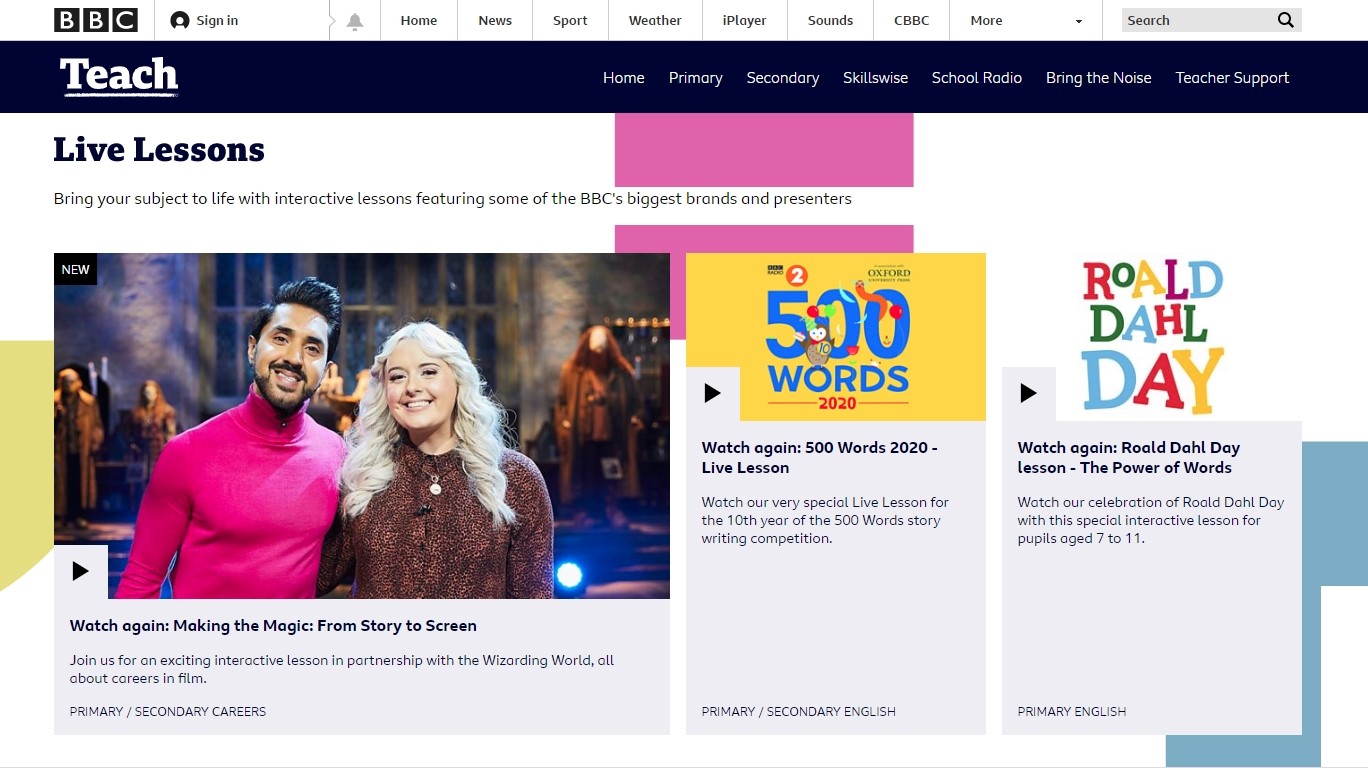
2. BBC Teach
Reasons to buy
There are lots of excellent learning resources available on YouTube, but separating the gems from the junk can be a huge task. With BBC Teach, you can be confident that every video your kids watch is well made and worthwhile. Forget the old BBC Schools programmes you might remember from your childhood (when the teacher would wheel out the old CRT TV on a trolley) – things have come a long way.
There are tie-ins with BBC series like Doctor Who, Springwatch and Blue Planet, and many of the videos are hosted by well-known BBC presenters who are skilled in holdings kids' attention and making even complex topics fun and accessible.
You can watch without logging in, but signing up will allow you to keep track of which videos have already been watched

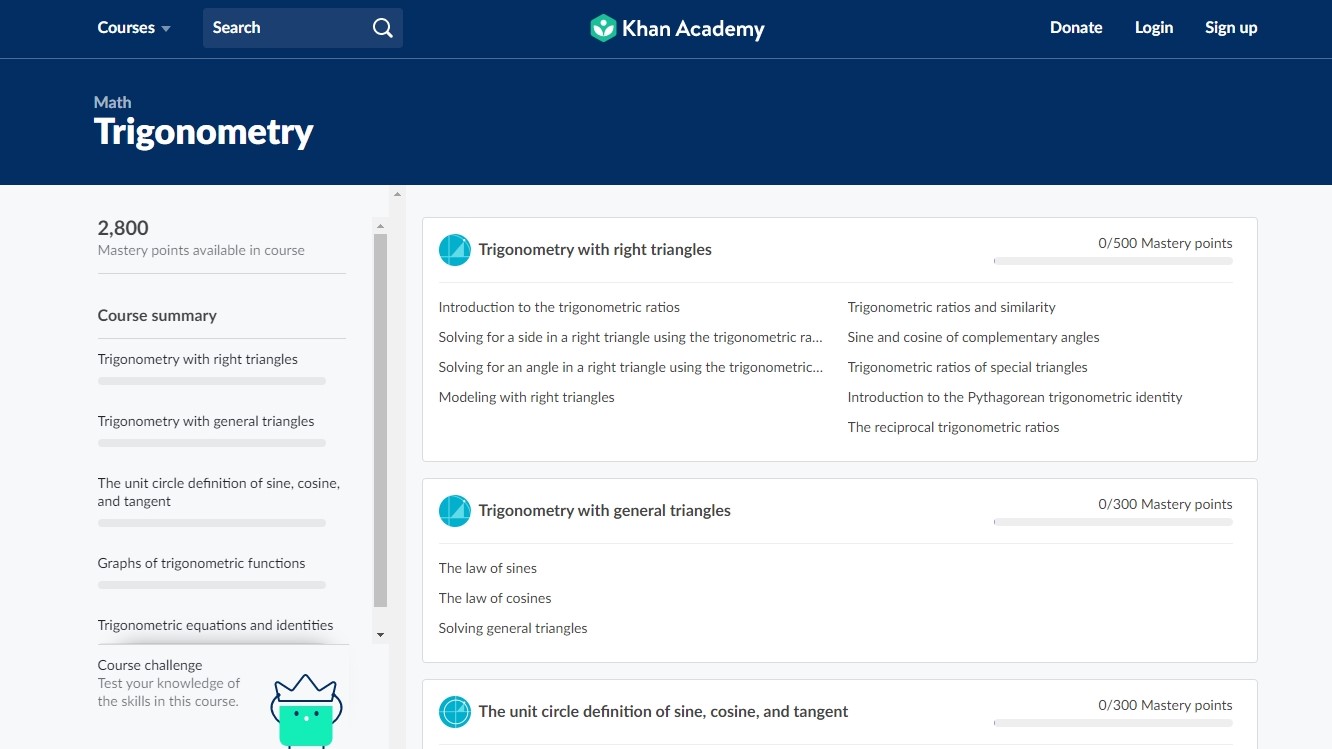
3. Khan Academy
Reasons to buy
Reasons to avoid
Khan Academy is a US-based site, and is structured around the American school system, but it's packed with a huge amount of content that crosses over with the National Curriculum in the UK.
The arts and humanities content is quite different to what your kids would be taught in their own classrooms, but science and maths travels well, and the material on algebra, trigonometry and calculus are particularly good (especially if you're a little rusty yourself).
All content on Khan Academy is free to use, though it's a good idea to sign up for a free account so your kids can keep track of their progress. There are also mobile apps available for iPhone and Android, which they may prefer to the desktop site.

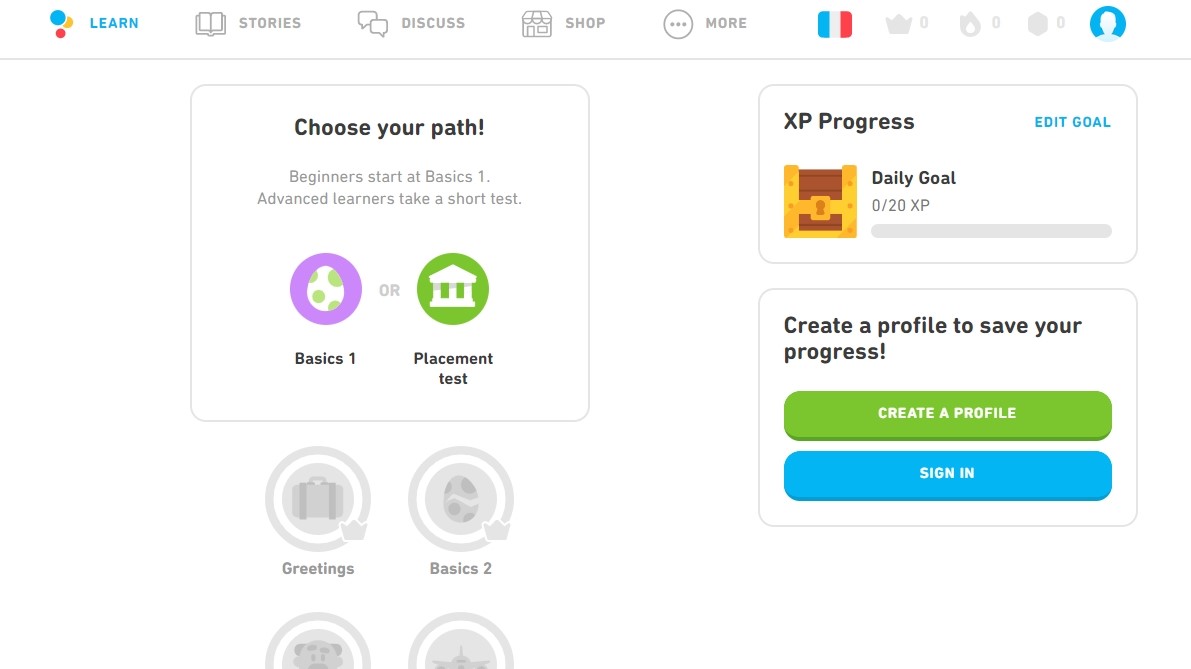
4. Duolingo
Reasons to buy
You might think of Duolingo as mainly a tool for adult learners who want to pick up a new language, but it also has lessons specially designed for school kids, which can really support their modern language classes.
While its desktop site is a handy starting point, Duolingo's real selling point is its excellent mobile app (for iPhone and Android). It starts by assessing your kids' current fluency, then helps them develop their skills by introducing words and phrases, with regular quizzes.
Duolingo covers both spoken and written conversation, and its quick, bite-sized lessons and instant feedback make it convenient and rewarding to use. It's free too, which is truly remarkable.


5. The Artful Parent
Reasons to buy
Reasons to avoid
Learning at home doesn't have to be all about staying in front of a screen; The Artful Parent is a site packed with fun craft ideas to get your kids thinking creatively. Many of them are well suited to younger children, and are fantastic if your little ones are starting to get bored or anxious.
Whether it's observational drawing, making sculptures from leaves or making your own playdough, each project includes a list of materials, ways to gently engage your child, and suggestions for follow-up activities.
There's also advice on how to encourage creativity and confidence – skills that will serve them well in all their academic subjects – and ways to encourage them if they're reluctant to start.
Other useful home schooling resources
- 3D Geography: printable paper templates for learning about geography
- KM Tuition: printable worksheets and past exam papers
- GamED Academy: learning through Minecraft (for a subscription fee)
- Code Studio: computer science activities and lessons
- Literacy Trust: support for parents of children age 12 and under
Get daily insight, inspiration and deals in your inbox
Sign up for breaking news, reviews, opinion, top tech deals, and more.

Cat is TechRadar's Homes Editor specializing in kitchen appliances and smart home technology. She's been a tech journalist for 15 years, having worked on print magazines including PC Plus and PC Format, and is a Speciality Coffee Association (SCA) certified barista. Whether you want to invest in some smart lights or pick up a new espresso machine, she's the right person to help.